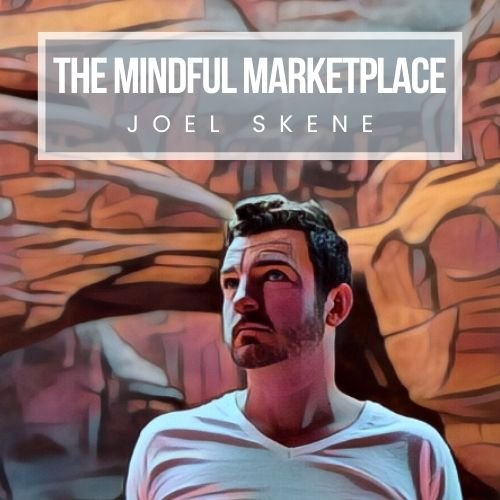On Competition
Competition can be a tricky thing. On the one hand, we have what could be called the ‘winner takes all’ paradigm, which tells us that competition is THE thing that drives us towards innovation, progress, and a better world. Business, our economy, and our society require us to ‘duke it out, for our very survival. The paradigm is so pervasive that we may not even think twice about it. Without competition, the preachers of this paradigm tell us, we will descend into a chasm of slovenly hedonism. We will become the dreaded “losers.”
And hey, they may be right! You can call me a meathead if you like, but I find it inherently exhilarating anytime human beings try their hardest, not against some abstract measurement of greatness, or a specific measurement of distance or speed, but rather against other human beings trying their hardest. The proof is in the pudding. Nothing enraptures quite like watching the drama unfold in front of your eyes, let alone participating in it. Competitive sports speak to us on a deep level. With every shot, every throw, every kick, a major dramatic question gets asked that no one on the planet knows the answer to. Ask any fan who has watched their team fight for victory in the final moments of an important game, it’s thrilling.
The alternative paradigm is one of cooperation rather than competition. The line of thinking is more or less that if we can all just work together in perfect harmony, we will, as one, actualize our collective greatness and solve all the world's problems through high-minded rhetoric and empty gesture. Let’s Peace Jam, man. The 90s are back, which is great for me. I got my mom to sew me HammerPants when I was in 2nd grade and I bet I can get her to do it again.
It’s not all drum circles and ayahuasca trips though. This cooperative paradigm has a biological argument that I find compelling. While the popular notion of “Survival of the Fittest” has come to mean “survival of the strongest”, it refers to a species adaptability, and how well an organism can “fit” into a larger ecosystem. It turns out that while it looks like trees are competing for sunlight, they are also sharing nutrients with each other via their root system and their fungi friends. Aspen groves, made up of thousands of trees, are now considered the largest organism on the planet.
Could human beings and dare I say, business, do the same? Can we reach for the sky while also staying rooted in each other? Can we compete and cooperate at the same time? I choose to believe we can. I don’t think it’s competition that’s the problem at all, just the way in which we compete, and what we chose to compete about.
Good competition is fair, the rules are clear, and the results are never equal, but the opportunity to win is. A good competitor plays their hardest against you, but not so they can dominate you and puff themselves up, not so they can eliminate their competitors or rig the game in their favor.
No, good competitors play their hardest against you because they know it will force you to play your best and become a better version of yourself, which will in turn make them have to play even better. They may come at your with everything they’ve got, but they do it for the betterment of everyone playing. This type of competition actually creates a Virtuous Cycle, rather than a vicious one.
So go ahead and compete, but compete toward something that actually makes the world a better place, not just towards the traps that are money, status, and image. Instead, let’s compete to see who can treat their employees the best. Compete to see who can make the biggest positive impact in your local community, and compete to add the most value in whatever you bring to the marketplace.
In the video below, I talked to some of my new agents about why it’s important to me to give it all I have. I encourage you to do the same and to give this game we call “The Marketplace” your very best, because it IS possible for us to compete FOR each other, rather than against each other, but it won’t happen without each of us changing this norm in our individual lives and business.
The question is whether we, as individuals and as leaders change the way we compete, or whether we continue to tear each other down to get ahead. It's a major dramatic question that no one on the planet knows the answer to, and it is up to each of us.
